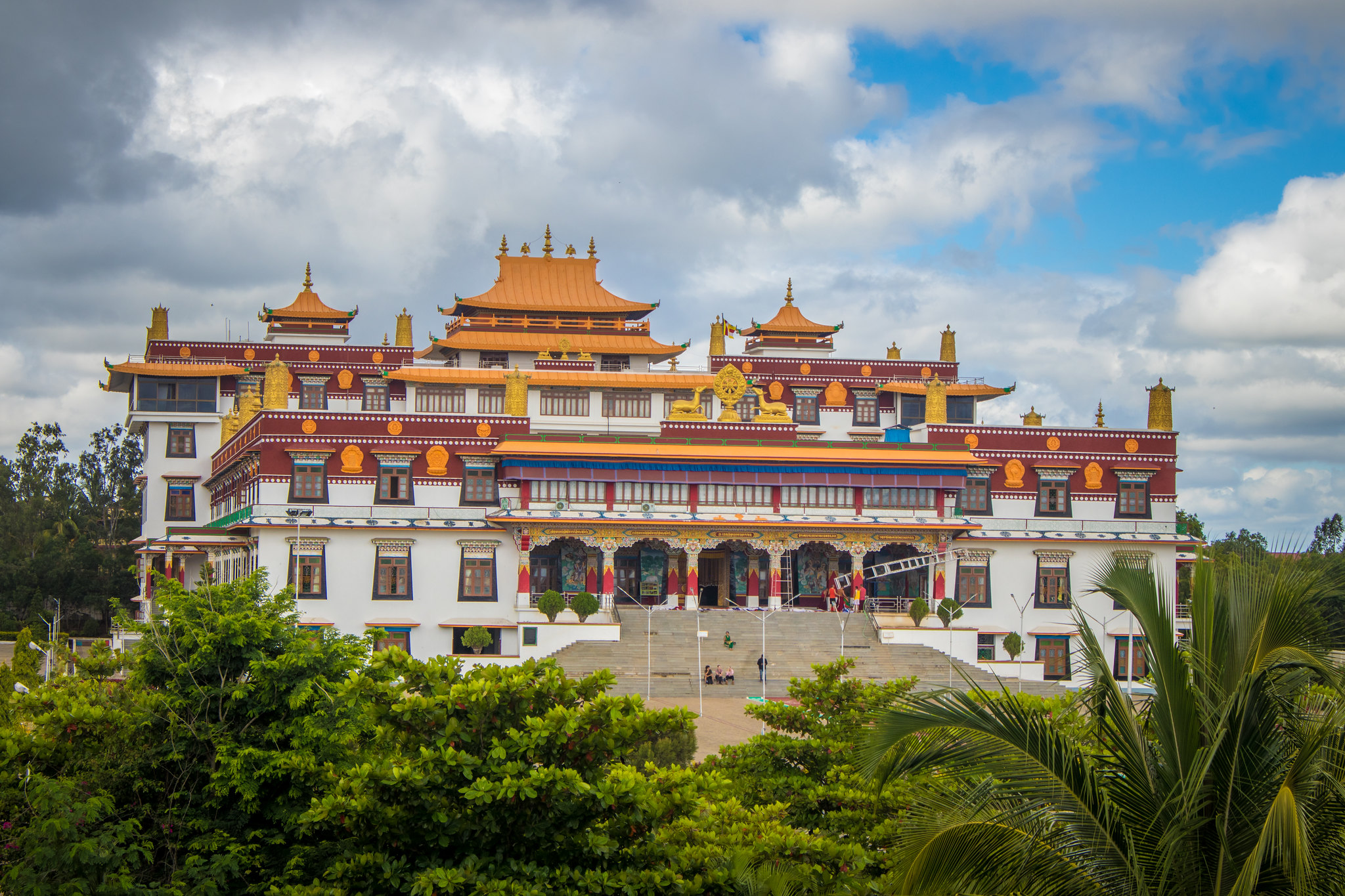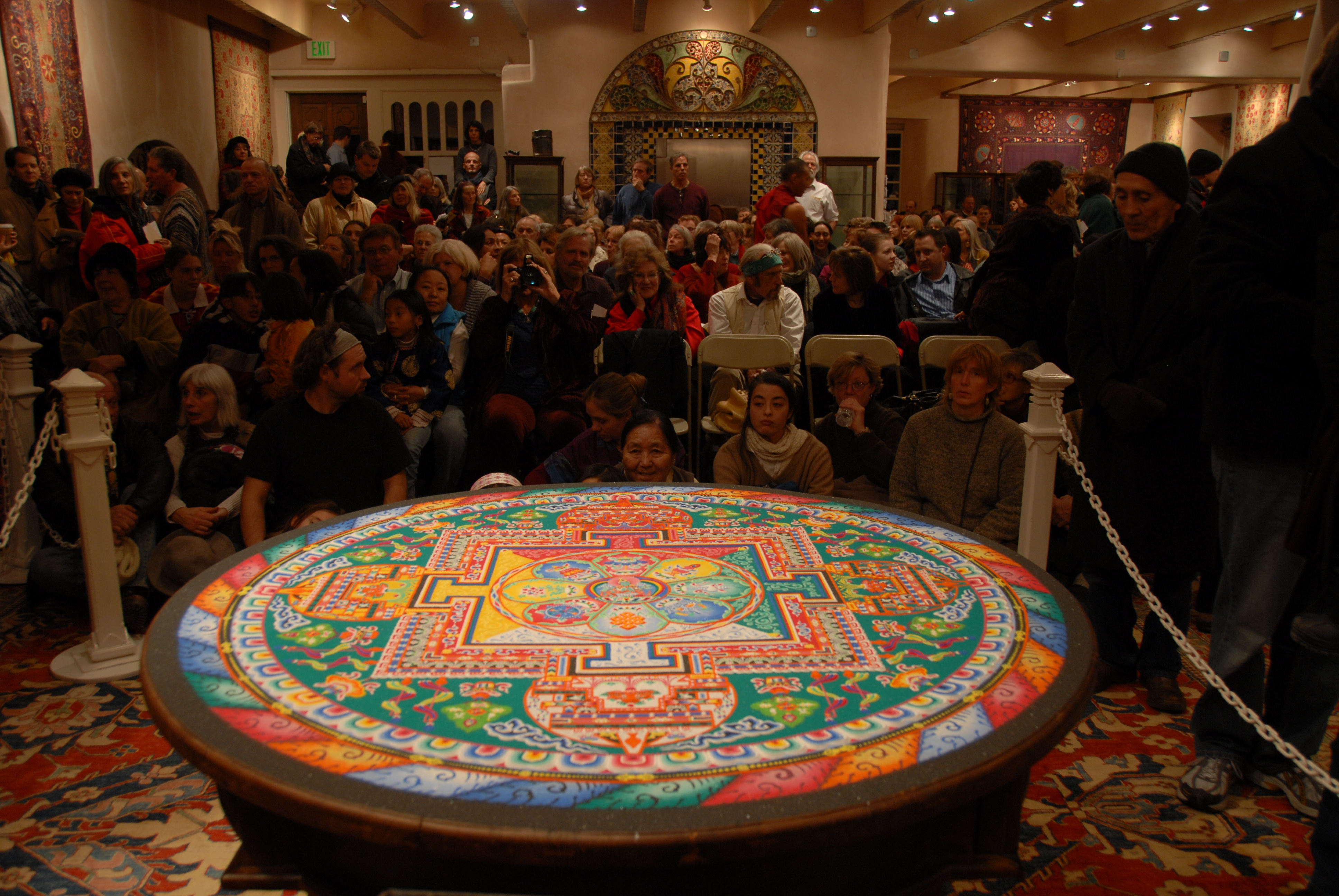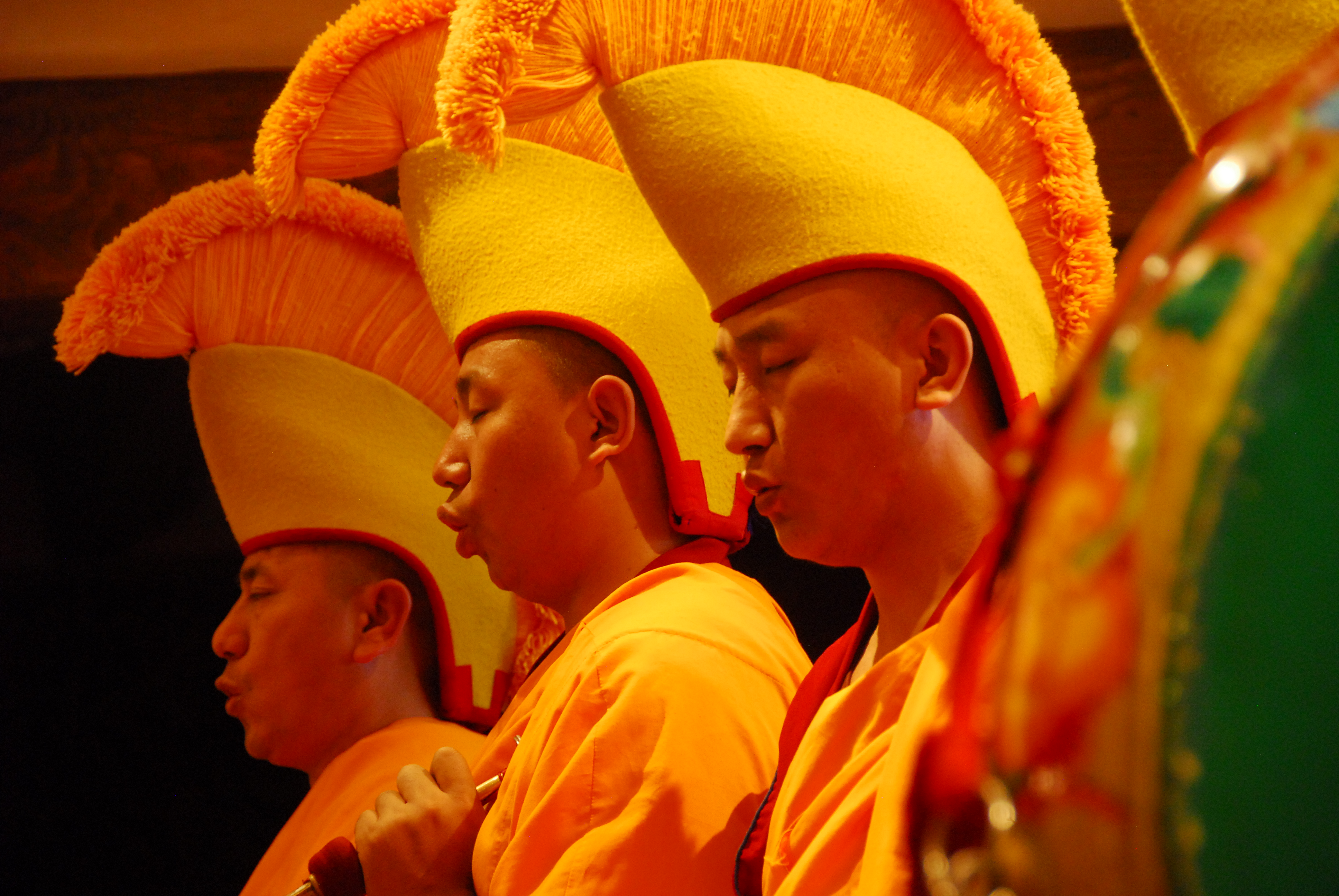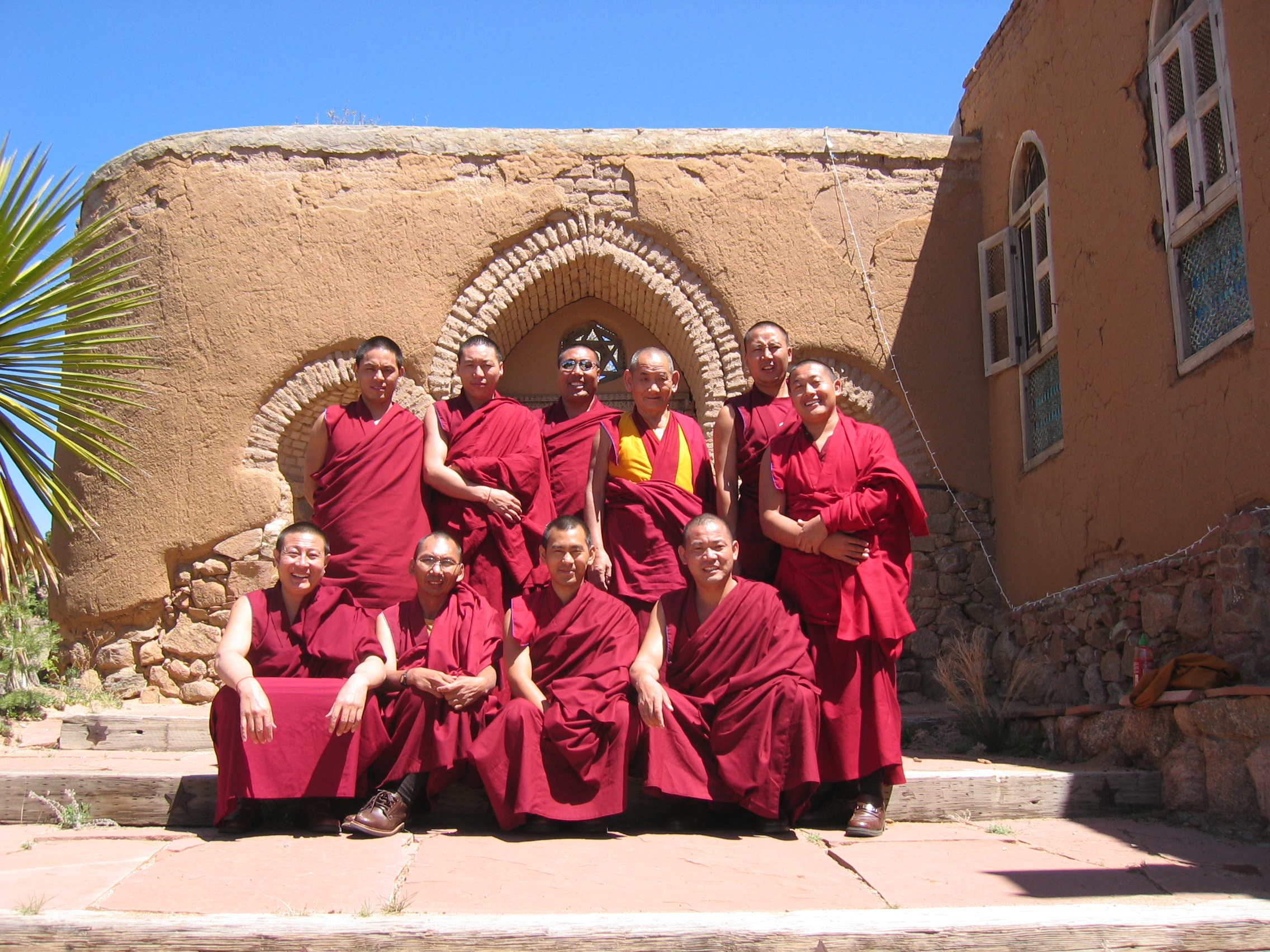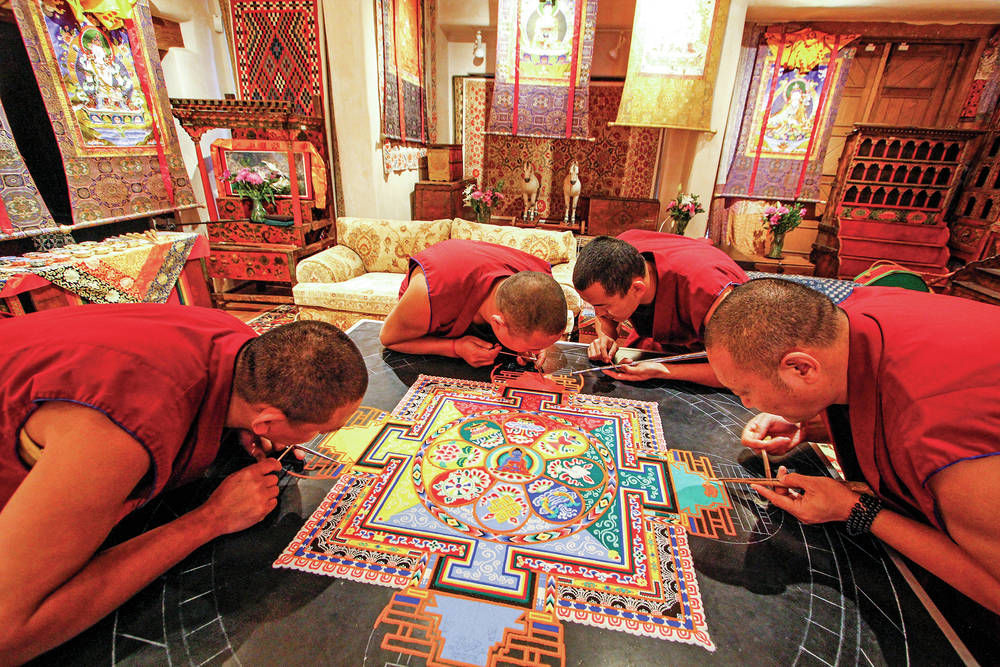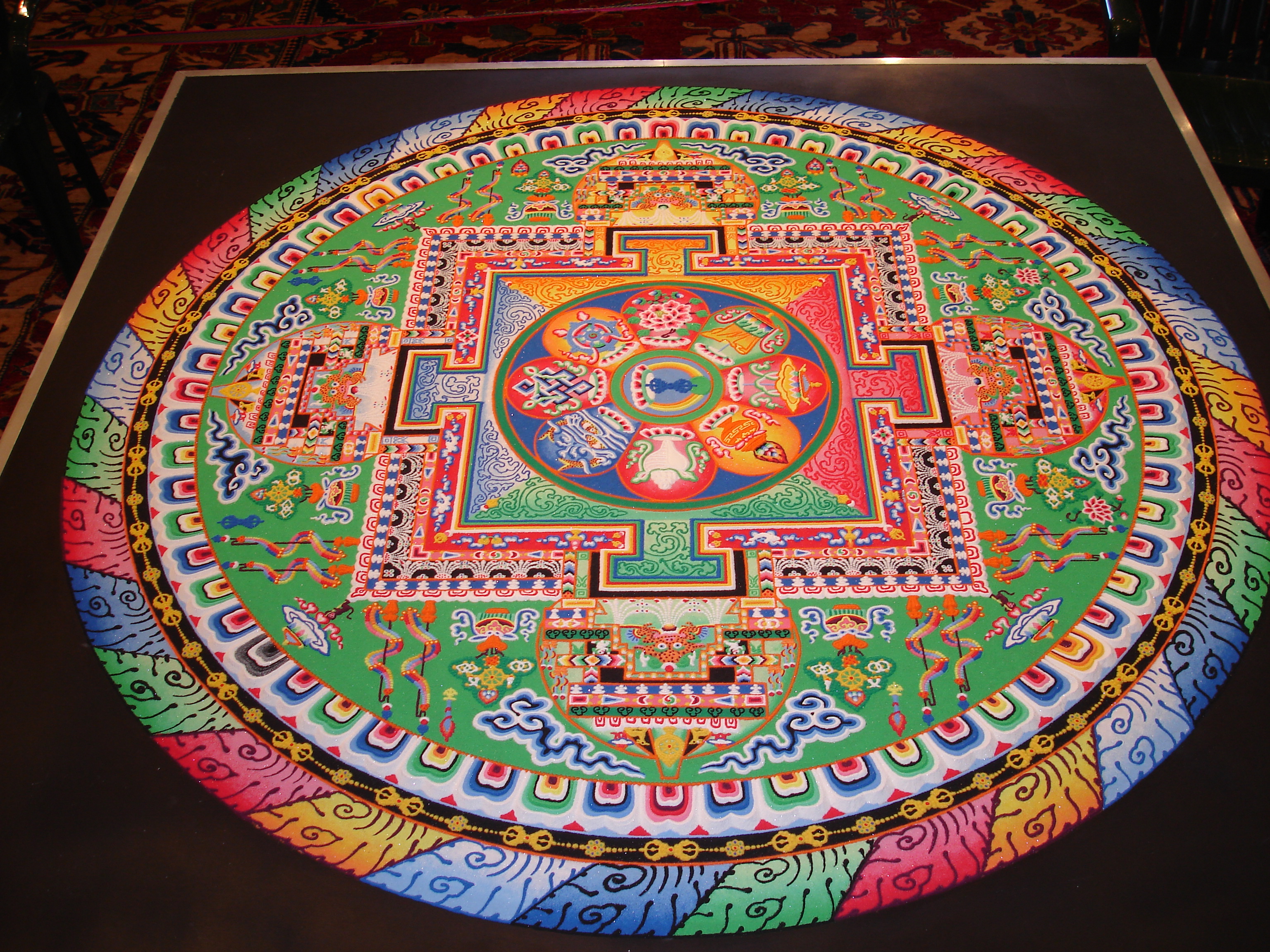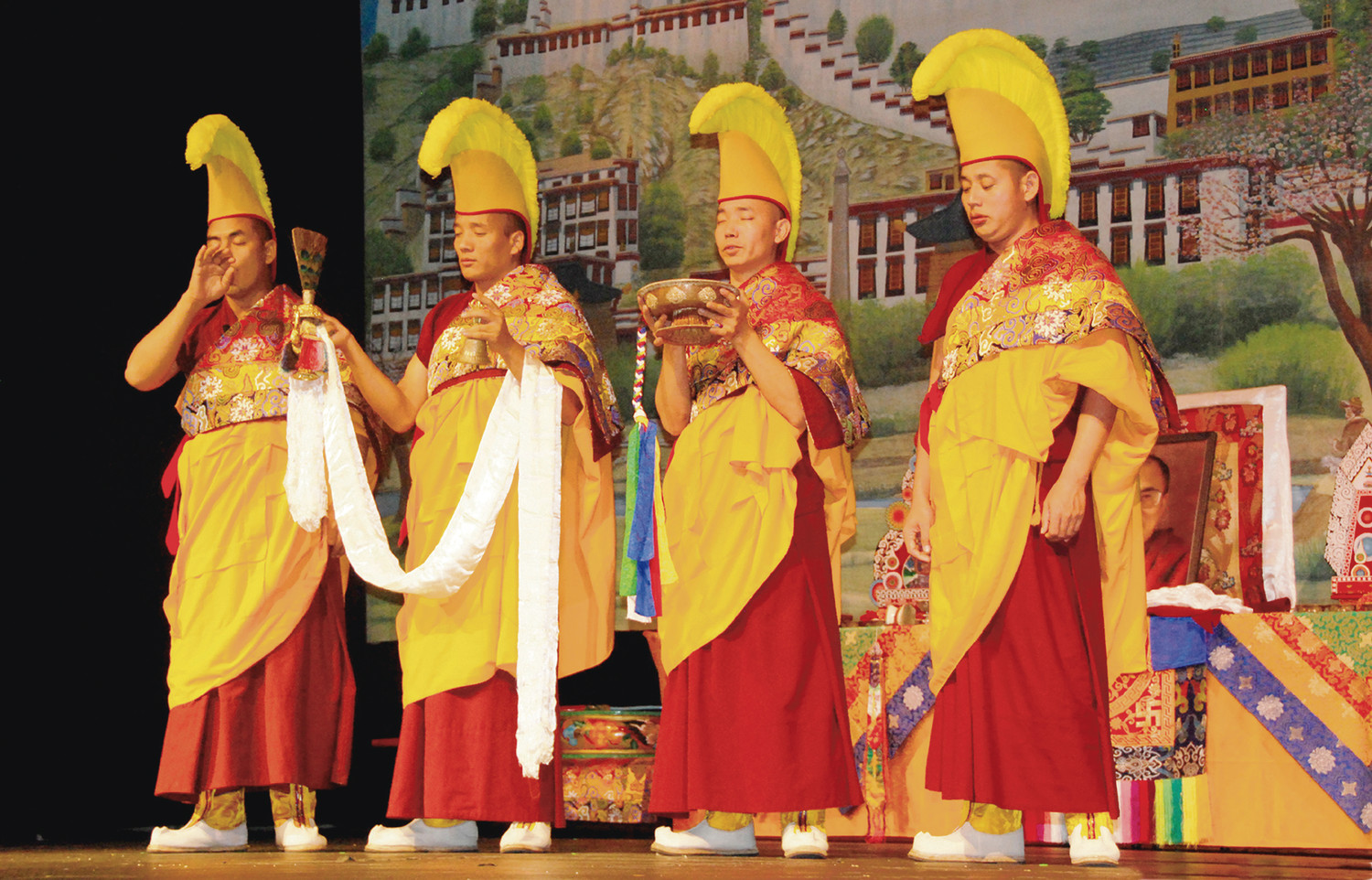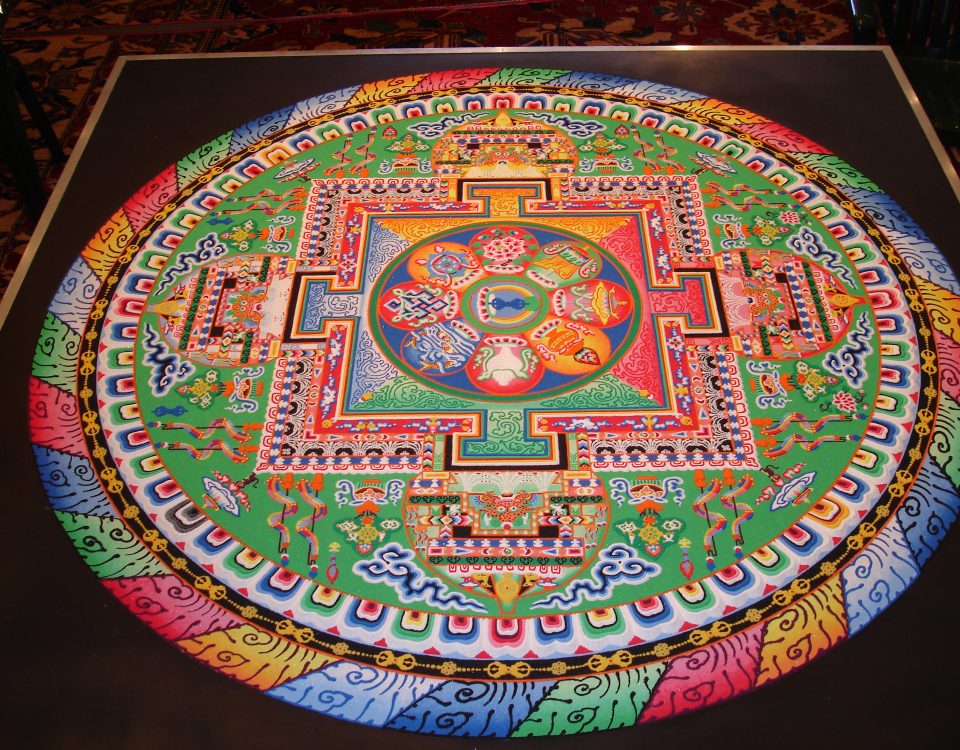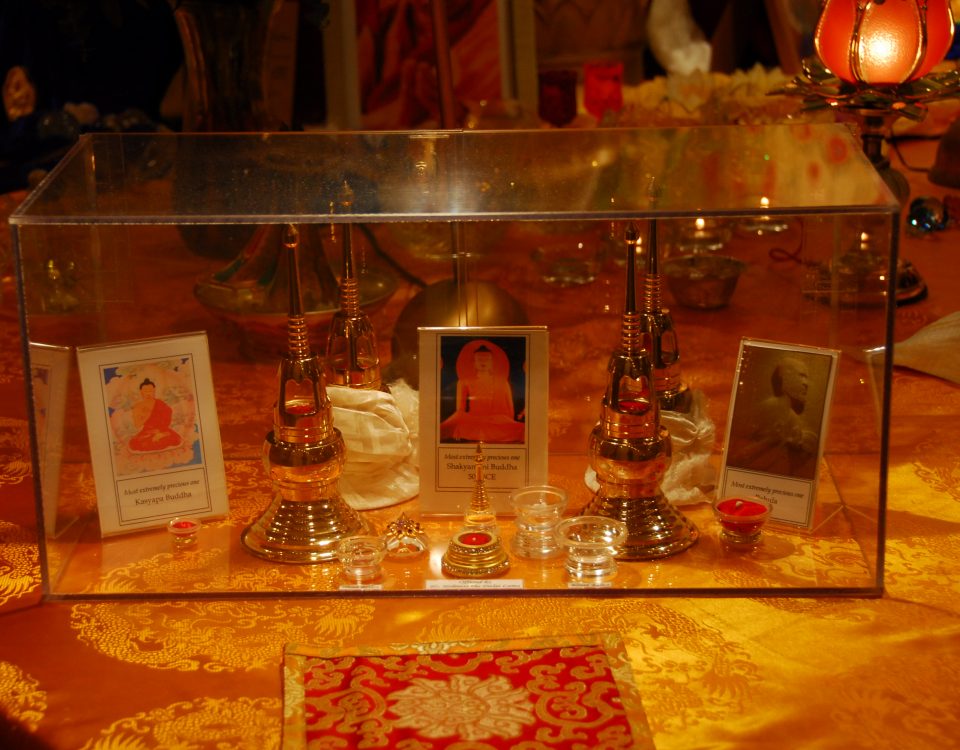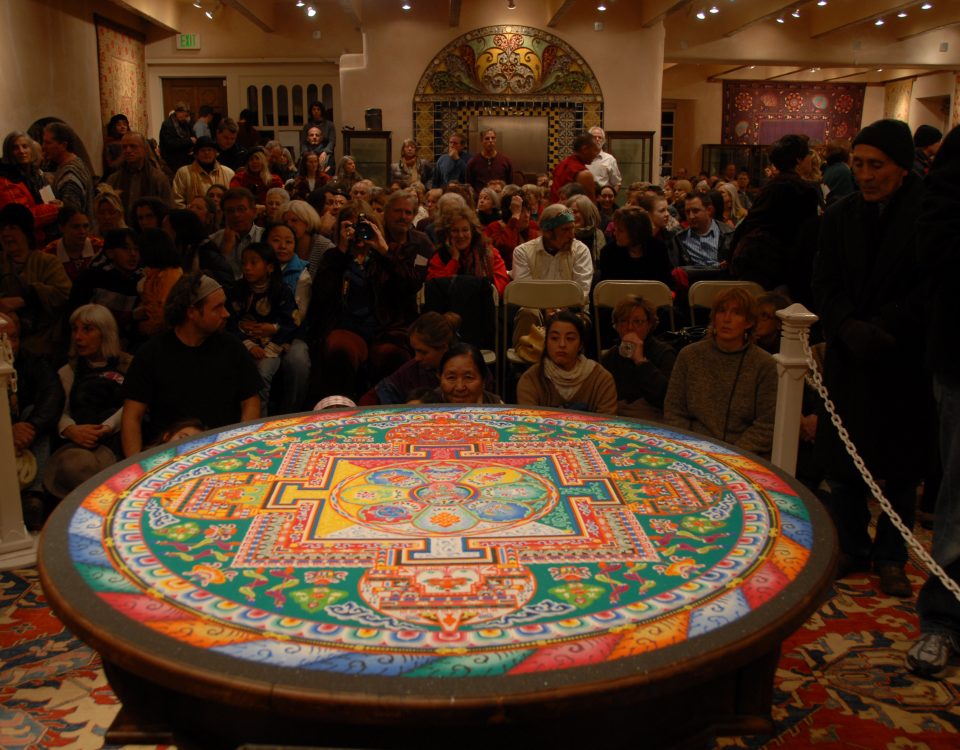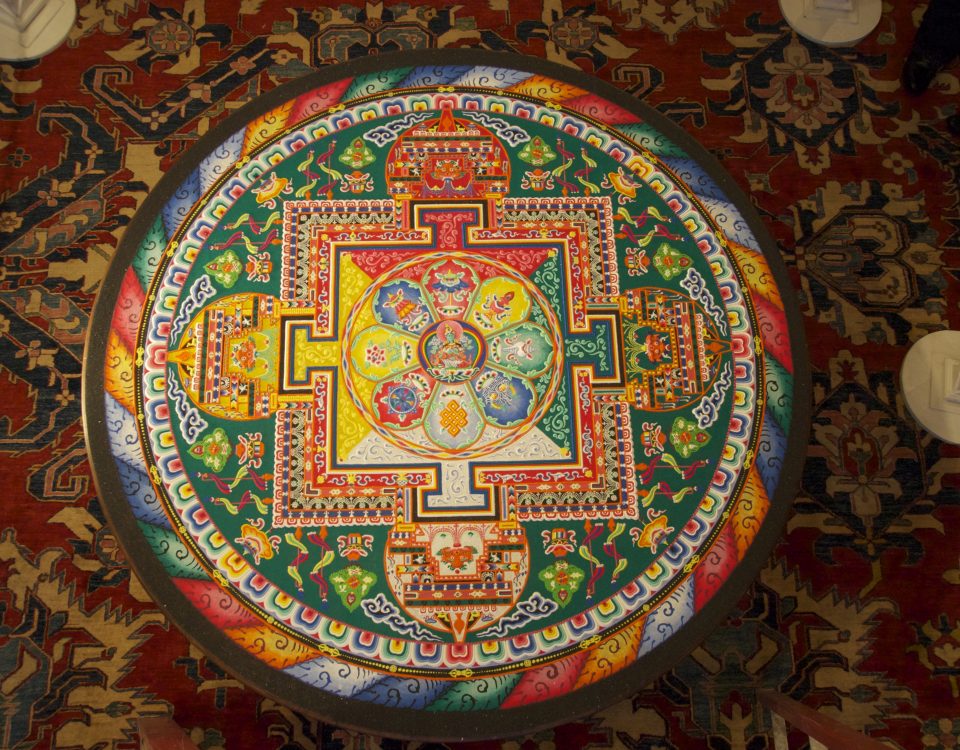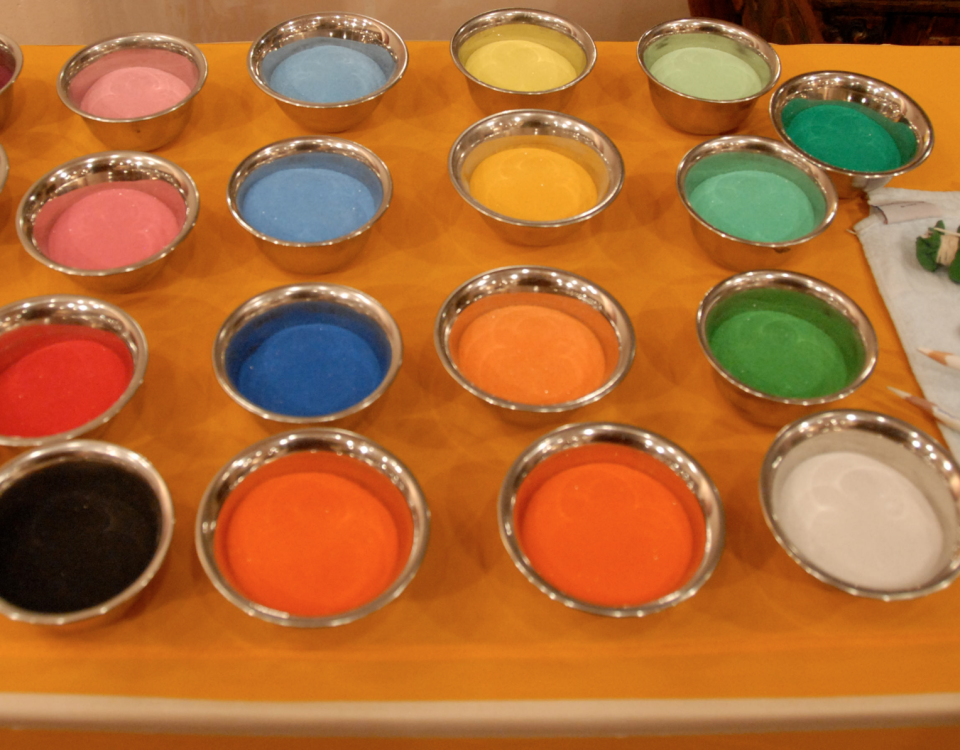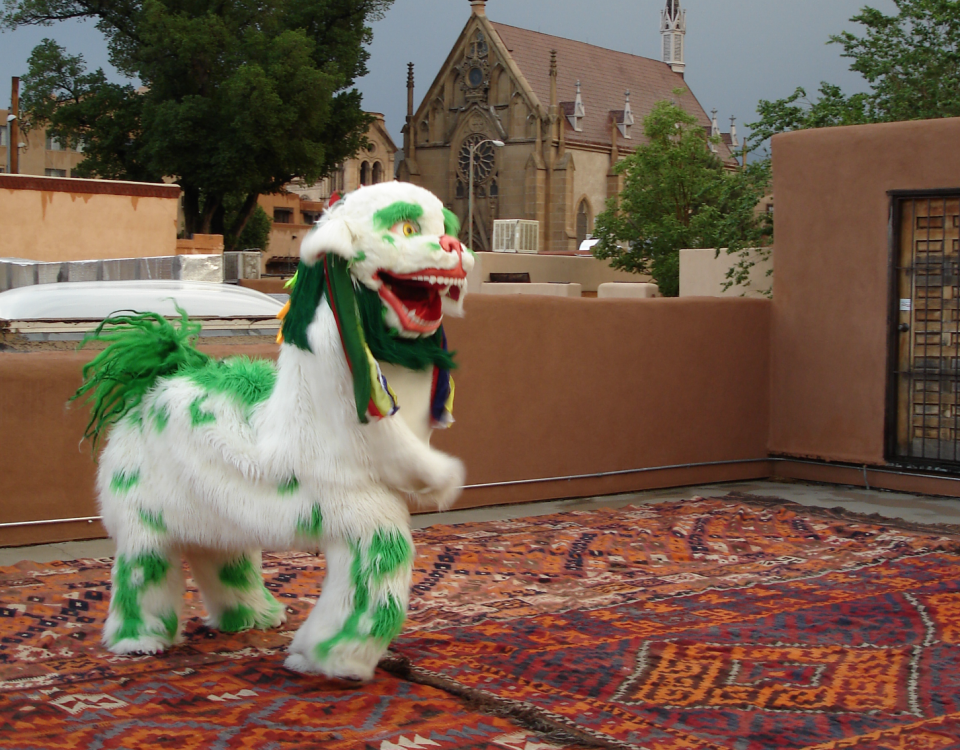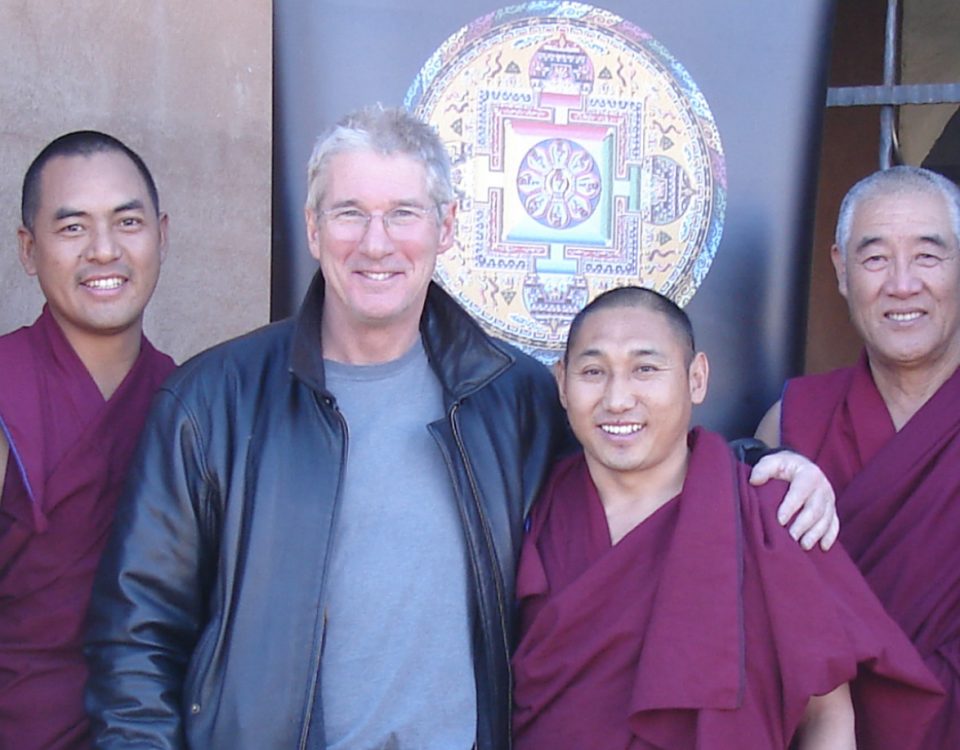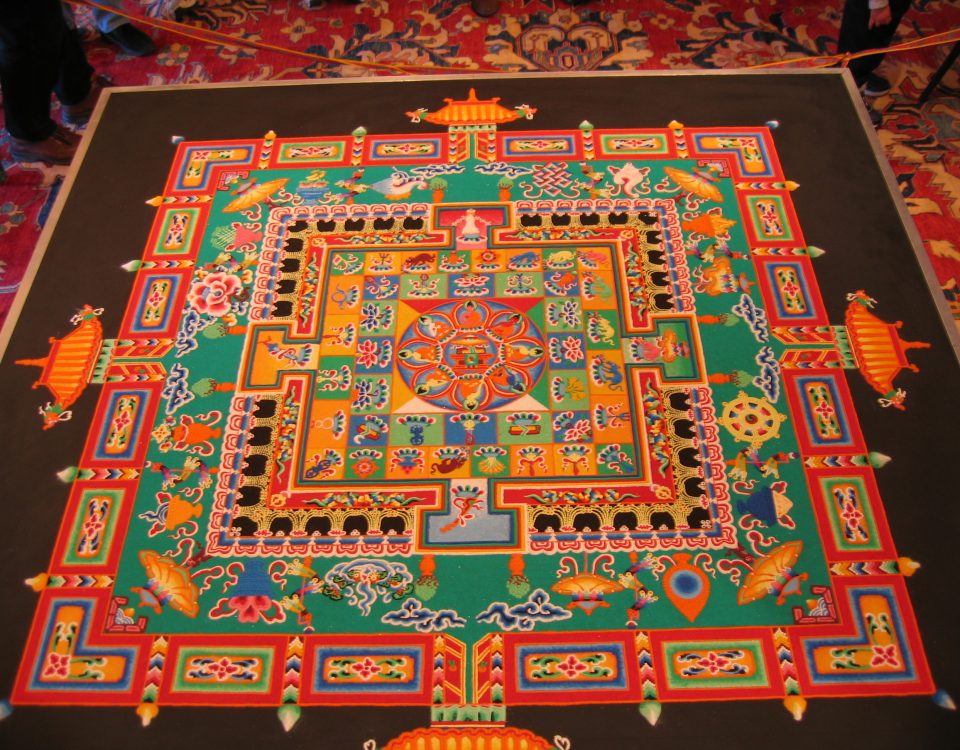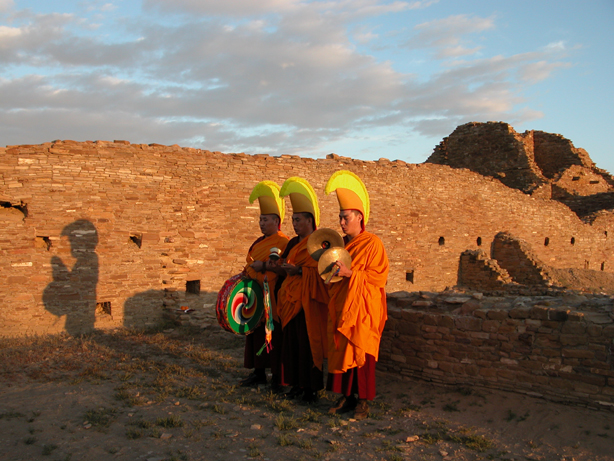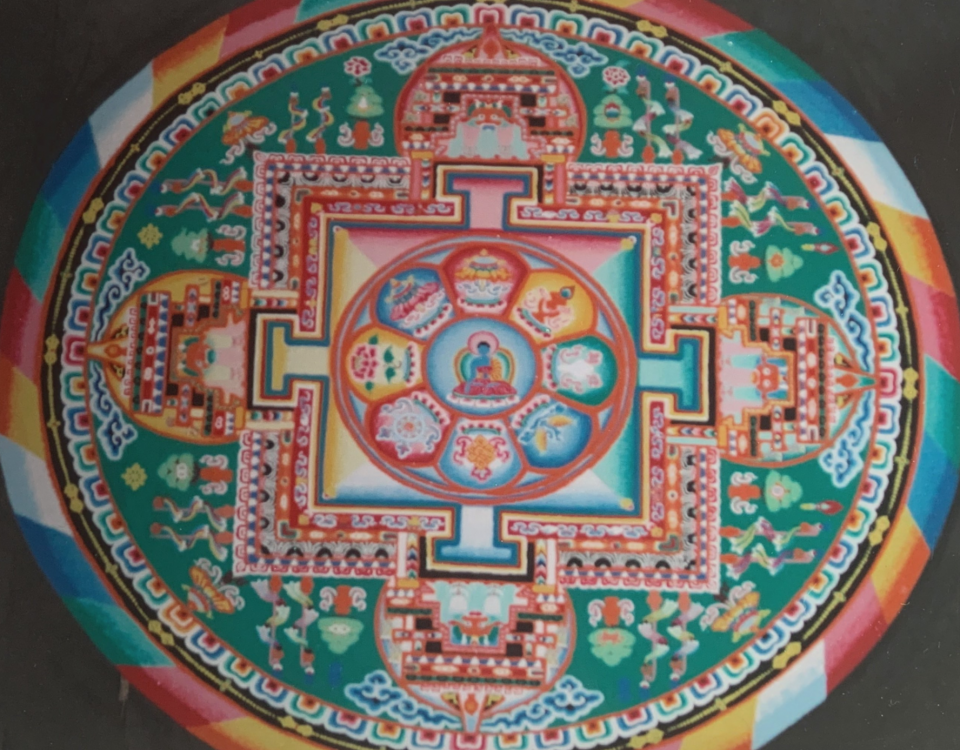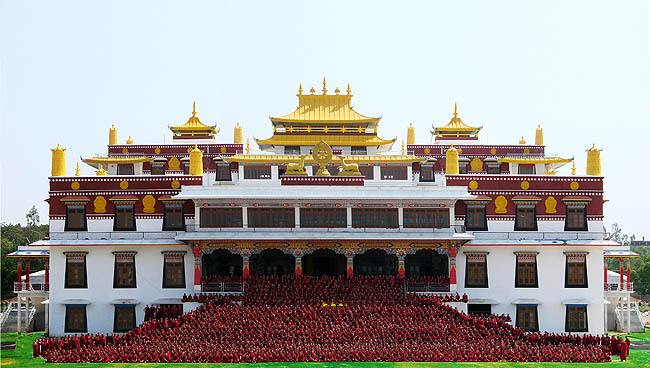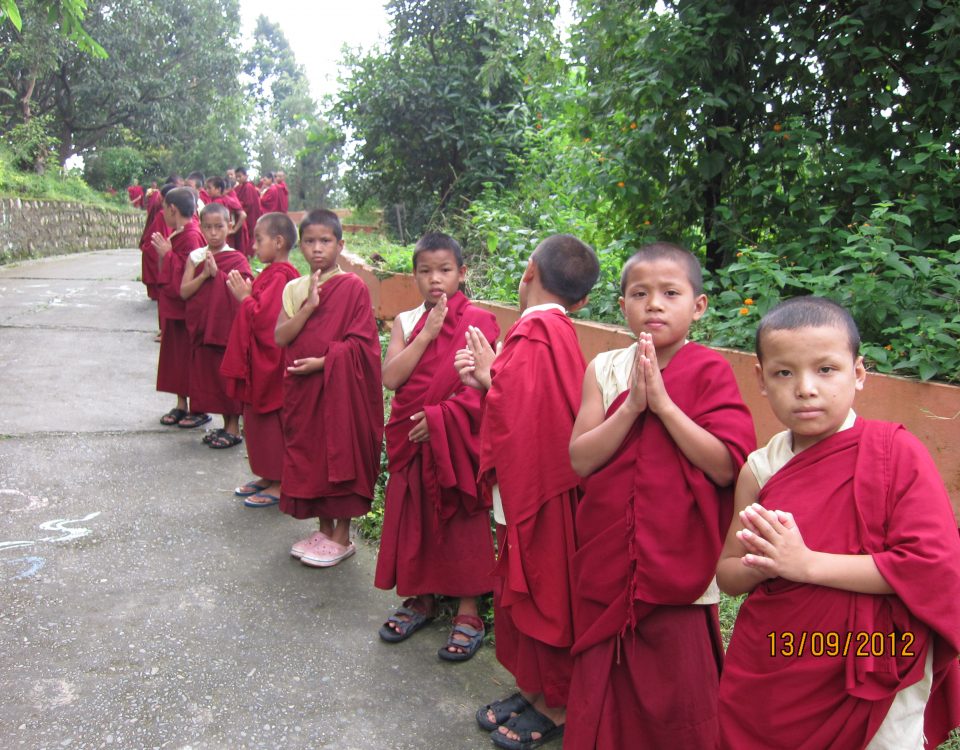Preserving Tibetan Culture
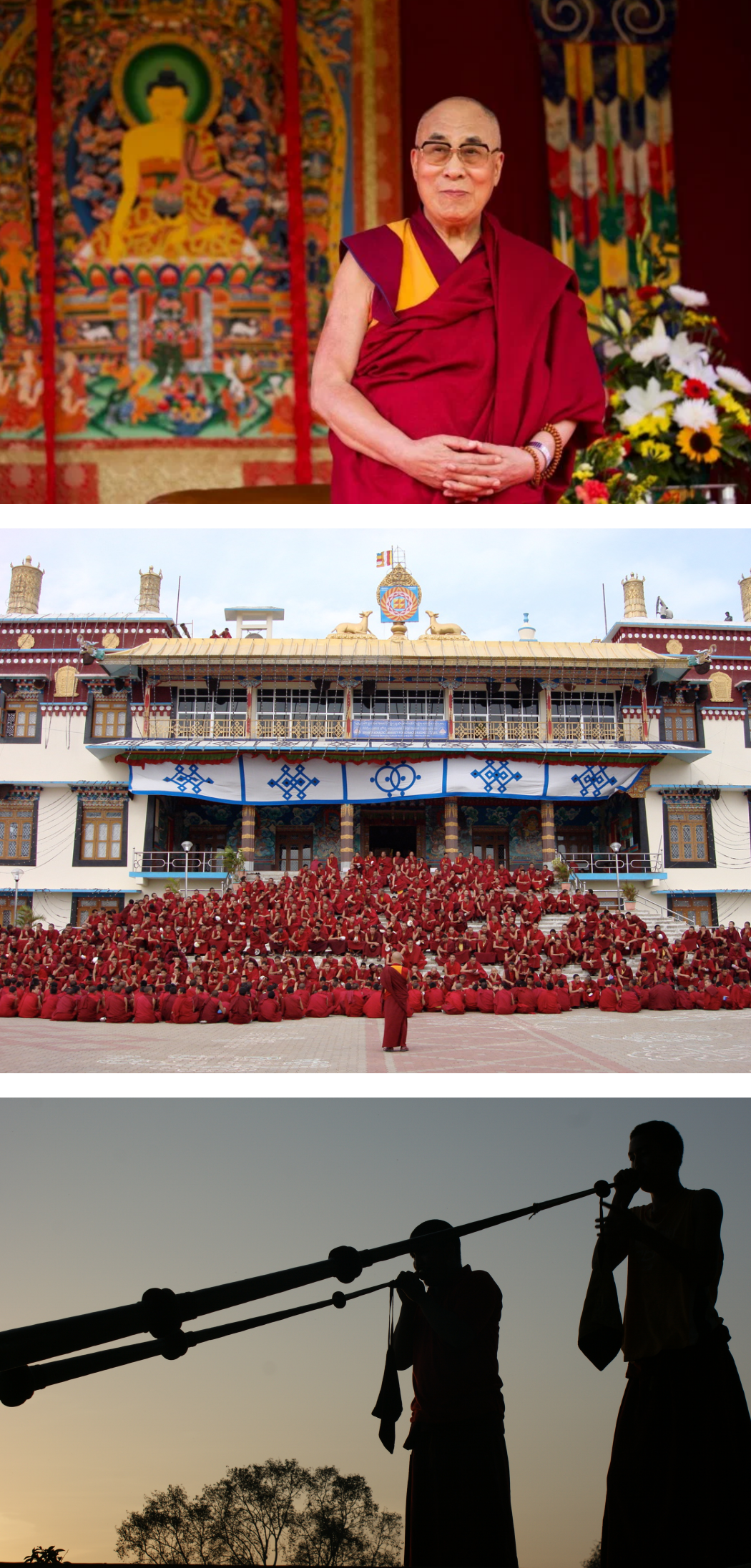

History of Tibetan Monasteries in Exile
Since the 1959 flight into exile of H.H. the Dalai Lama and over 85,000 Tibetans, those left behind have been deprived of basic human rights and suffered the obliteration of the Tibetan culture and language. Tibetan refugees in exile have struggled to rehabilitate themselves physically, educationally, economically, and culturally. Their goal is to establish a sustainable community in exile, while building the foundation for an eventual return to a free Tibet. Due to the continued repression of Tibetans by the Chinese regime in Tibet, increasing numbers of Tibetans are escaping into exile. They risk their lives seeking freedom to preserve and promote their unique cultural heritage, to gain education, and to obtain His Holiness the Dalai Lama's blessing.
Of the 6,000 monasteries and nunneries destroyed in Tibet, over 200 have been reestablished in India, Nepal, and Bhutan. The flow of Tibetan refugees into exile has been increasing alarmingly since 1989. Today, an average of 1,400 newly arrived, destitute students join monasteries and nunneries in exile every year to pursue their traditional curriculum of philosophy, meditation, language, literature, arts and crafts, rites and rituals, sculpture, painting, wood carving and architecture.
When the refugees reach India, they have nothing with them except the worn-out clothing they are wearing. Many suffer from diseases, especially tuberculosis, due to malnutrition, overcrowding, lack of medical care, and the hardship of their journey from Tibet. This puts enormous stress on the monasteries and nunneries that will not turn away refugees. Almost all the major monasteries and nunneries are extremely overcrowded with very limited funds and facilities. They face great difficulties accommodating new arrivals from Tibet.
Numerous smaller monasteries and nunneries have been established in exile to uphold a particular lineage or branch of teaching often centered around one remaining living master. These communities are critical to maintaining the richness of the Tibetan spiritual tradition. Some of these more specialized centers are in danger of dying out. They are unable to attract enough new students because they lack of the most basic resources needed to feed, house, and educate them.
Even those few monasteries and nunneries that have managed to conduct fundraising tours to the west still have difficulty keeping up with the needs of their growing communities. Most have no outside source of assistance. Neither is it possible, as refugees in India, to carry out large-scale projects. Indian regulations prevent Tibetans from purchasing land. In addition, the local Indian population often perceives Tibetan settlements and traditional learning centers as competing elements in their limited marketplace. The Indian government has been incredibly generous in hosting the Tibetan refugees, but outside assistance is desperately needed for the monasteries and nunneries to thrive in the twenty-first century. It is this great need that the Jindhag foundation aims to help fill.
The Jindhag Tradition in Tibetan Culture
Prior to the Chinese invasion of 1959, Tibet had a long-established system of balance between its temporal and spiritual affairs. Among the little-known traditions that played a major role in maintaining this balance were the Jindhags—well-endowed families who provided financial support to monasteries. In turn, the monasteries regarded the Jindhags with special prominence and provided them spiritual support for their material endeavors and well-being - a symbiotic relationship that benefited all. Now, support from new Jindhags is needed for this spiritual culture of Tibetan Buddhism to survive.
The Jindhag Foundation aspires to revive this ancient tradition in the modern world. The foundation's primary focus is matching donors with some of the most threatened smaller monasteries and nunneries to enable them to fulfill their mission of preserving religious diversity for the next generation. We have been providing ongoing financial support to multiple monasteries for basic needs—food, water, shelter, basic first aid—since the foundation started.
Mystical Arts of Tibet
The Mystical Arts of Tibet is a world tour endorsed by His Holiness the Dalai Lama to promote world peace and healing by sharing Tibet’s rich and authentic sacred performing and visual arts with modern audiences.
Yearly Sand Mandalas
We have been honored to host the monks each year since 2000 as they construct a sand mandala by pouring and combining millions of grains of colored sand. The creation process takes nine days, after which the mandala is ceremoniously destroyed; a beautiful metaphor for the impermanence of life. Read More
House Blessings & Special Events
Frequently along their tours the monks have the opportunity to offer ceremonies for individuals or their families. Their purpose is to bring well-being on all levels – in one’s health, relationships, business, and family – as well as to purify the home where the ritual is conducted. Read More
Supporting Education of Tibetans
In addition to its work to support individual monasteries, the Jindhag foundation is also committed to providing support for the education of all Tibetans living in exile in India.
The Jindhag foundation has an ongoing relationship with The Institute of Buddhist Dialectics in Dharamsala, India where we provide funds to purchase classroom furniture and computers, fresh fruits and vegetables, books, paper and other materials for the Institute itself and for The College for Higher Tibetan Studies. We are active in supporting health initiatives and ongoing campus improvements. You can read more about the Institute of Buddhist Dialectics and The College for Higher Tibetan Studies here.



